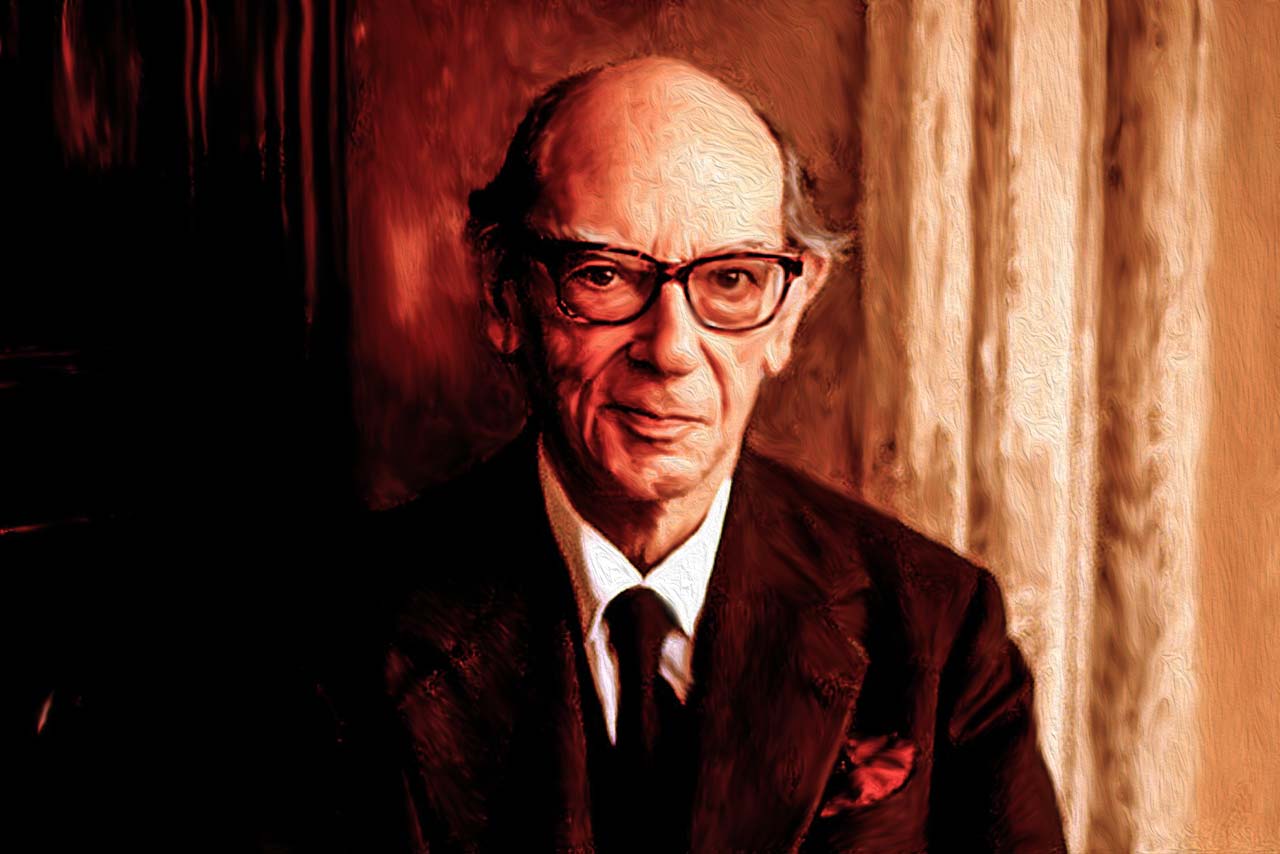
Unveiling the Depths of Philosophy: Exploring the Wisdom That Shapes Our World
Philosophy, the timeless pursuit of wisdom and understanding, stands as the cornerstone of

There are many variations of passages of Lorem ipsum available, but the majority have suffered alteration in some form, by injected humour, or randomised words which don’t look even slightly believable. are going to use a passage of Lorem ipsum, you need to be sure there isn’t anything embarrassing hidden in the middle of text. All the Lorem ipsum generators on the internet tend to repeat predefined as necessary, making this the first true generator on the internet. It uses a dictionary of over 200 Latin words, combined with a handful of model sentence structures, to generate Lorem ipsum which looks reasonable. The generated Lorem ipsum is therefore always free from repetition, injected humour.

mlorem ipsum is simply of passages of Lorem ipsum available, but the majority have suffered alteration in some form, by injected humour, or randomised words which don’t look even slightly believable. If you are going to use a of Lorem ipsum, you need to be sure there isn’t anything embarrassing
hidden in the middle of text. All the Lorem ipsum generators on the internet tend to repeat predefined chunks necessary, making this the first true generator on the internet. It uses a dictionary of over 200 Latin words, combined with a handful of sentence structures, to generate Lorem ipsum which looks reasonable. The generated Lorem ipsum is therefore always from repetition, injected humour.


Lorem ipsum is simply dummy text of the printing and typesetting industry. Lorem ipsum has been the industry's standard dummy text ever since the 1500s, when an unknown printer took a galley of type and scrambled it to make a type specimen

Philosophy, the timeless pursuit of wisdom and understanding, stands as the cornerstone of

Critical thinking skills are important in order to be successful in any field.

You’re a busy person, so we’ll keep this short and sweet. The three

Subscribe to our newsletter and stay updated to our offers and deals!
We are committed to protecting your privacy





We do this through structured curriculum and institutions offering philosophical studies to get the best brains and critical thinkers to participate in brainstorming sessions for valuable and practical inferences.
Subscribe to our newsletter for the latest updates about Philosopedia!